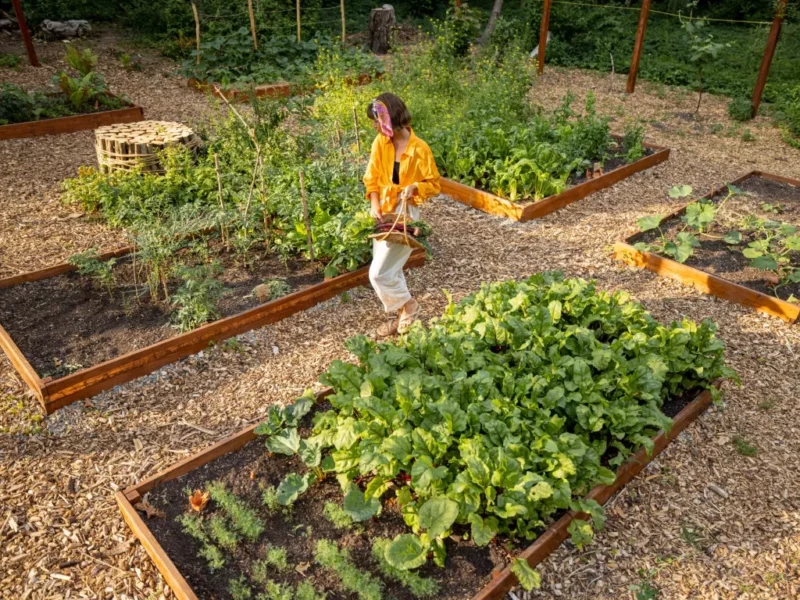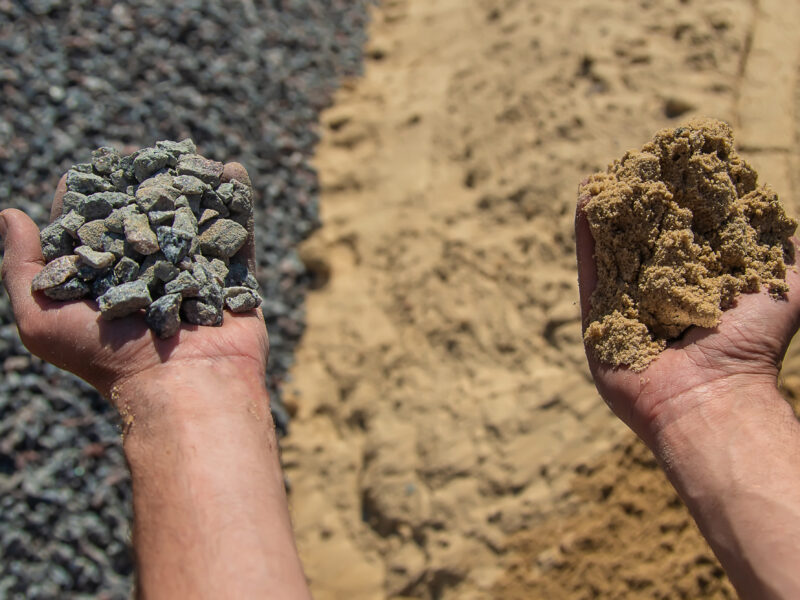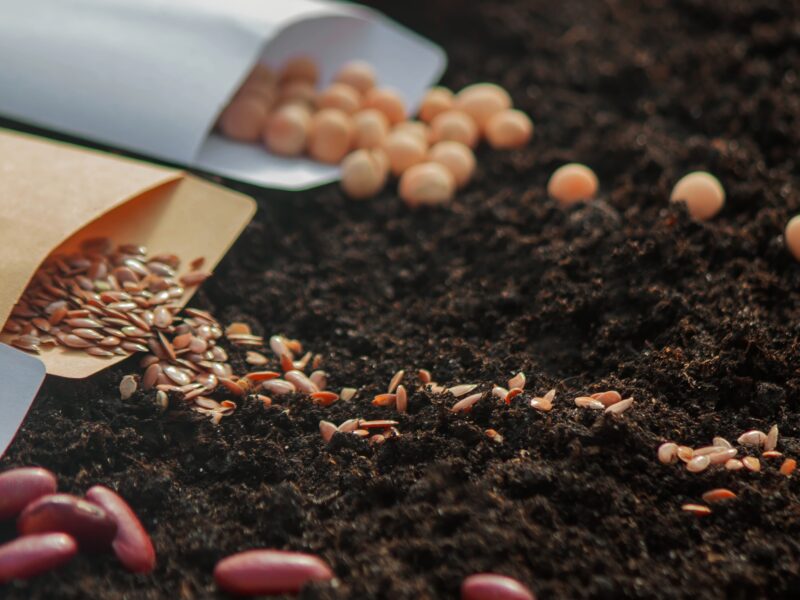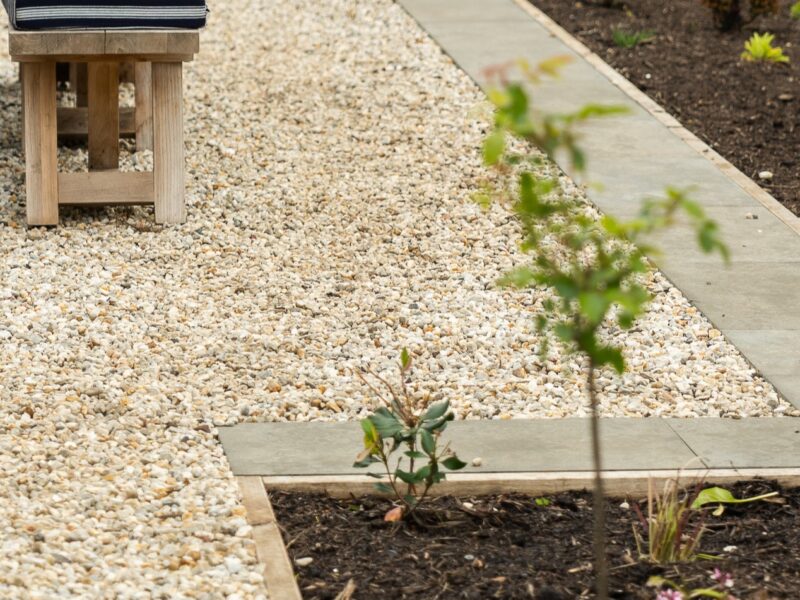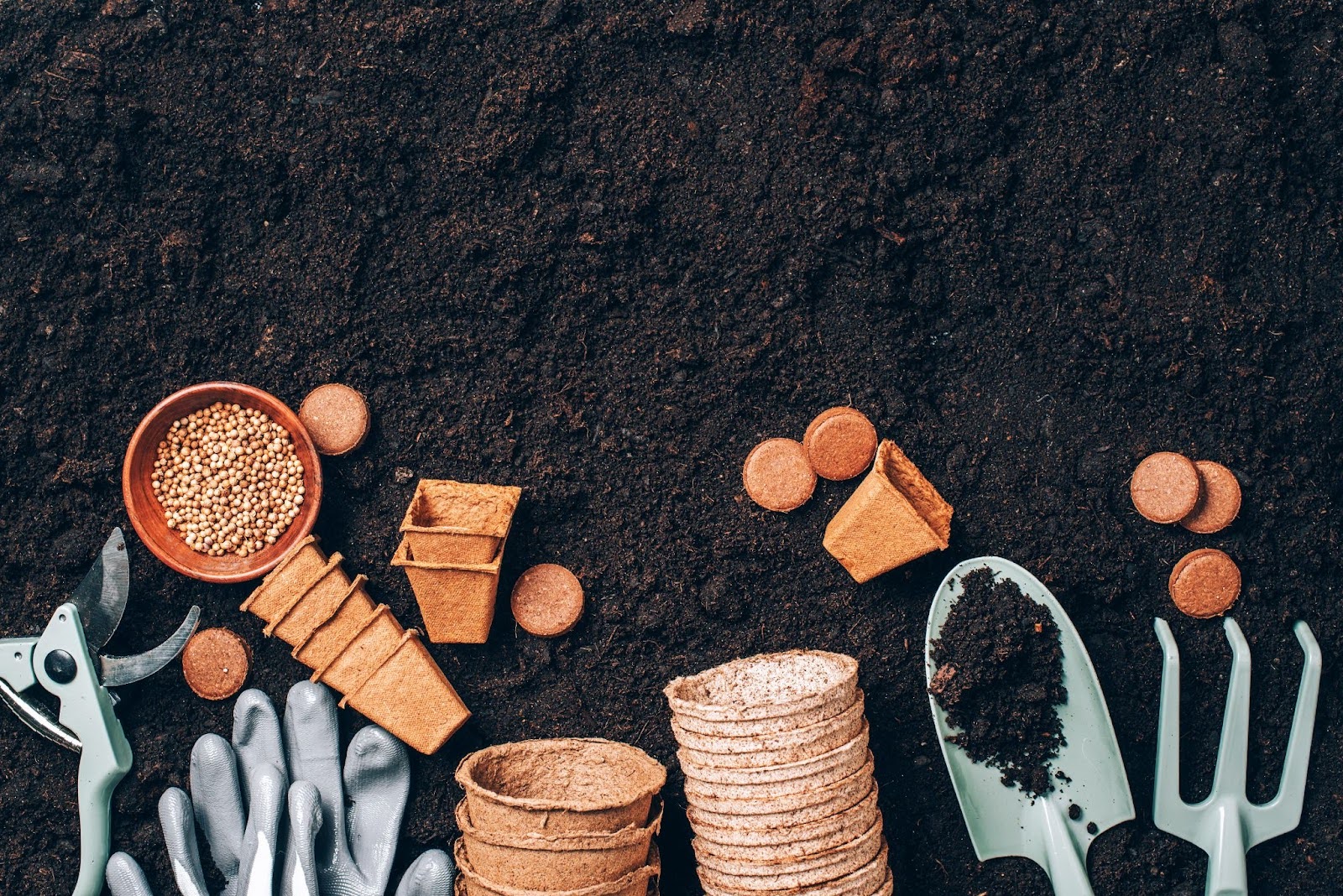
Can Soil Conditioner Be Used as Mulch? SoilWorx Explains
Gardeners and landscapers often ask: can soil conditioner be used as mulch? While both soil conditioners and mulch improve plant growth, they serve very different purposes. Using them correctly ensures healthy soil, strong plants, and low-maintenance gardens. At SoilWorx, we’ll break down the differences and explain the best way to use soil conditioner alongside mulch.
What is Soil Conditioner?
Soil conditioner is a natural or organic product specifically designed to enhance soil structure, improve aeration, and boost nutrient content. Common forms include composted organic matter, humus, and other soil-enriching materials. When incorporated directly into the soil, soil conditioners help retain water in sandy soils, improve drainage in clay soils, increase nutrient availability for plants, and encourage healthy microbial activity. While they are excellent for enriching soil from within, soil conditioners are not intended to remain on the surface for long-term protection like mulch.

Why Soil Conditioner Isn’t Ideal as Mulch
Using soil conditioner as a mulch layer has several drawbacks:
Rapid Decomposition
Soil conditioners break down quickly. Unlike mulch, which protects soil over months or even years, soil conditioner decomposes fast, leaving soil exposed and reducing moisture retention.
Encourages Weed Growth
Because soil conditioner is nutrient-rich, it can encourage weeds to sprout if left on the surface. Mulch, on the other hand, blocks sunlight and naturally suppresses weeds.
Attracts Pests
Surface-applied soil conditioner can attract slugs, snails, and other pests. Mulches like bark, wood chips, or straw provide protection without drawing unwanted visitors.
Poor Temperature Regulation
Soil conditioner alone does little to regulate soil temperature. Mulch helps keep soil cooler in summer and warmer in winter, protecting plant roots from extreme conditions.
Appearance and Practicality
Soil conditioner has a fine texture, which can look messy and be easily displaced by wind or rain. Mulch provides a neat, finished look while remaining in place longer.
How to Use Soil Conditioner and Mulch Together
For best results in your garden:
Apply soil conditioner first
Mix it into planting beds to improve soil structure and nutrient content.
Add a layer of mulch on top:
Choose high-quality mulch from trusted mulch suppliers to protect soil, retain moisture, and suppress weeds.
Maintain your mulch:
Replenish it every season to keep your garden healthy and visually appealing.
This approach combines the nutrient benefits of soil conditioner with the long-term protection of mulch, giving plants the ideal growing environment.

SoilWorx Tip
Never use soil conditioner alone as a surface mulch. Instead, treat it as a soil enhancer and pair it with mulch to get the full benefits. For example, organic mulches like wood chips or straw work beautifully on top of enriched soil.
Quick Comparison: Soil Conditioner vs Mulch
| Feature | Soil Conditioner | Mulch | SoilWorx Recommendation |
| Purpose | Improves soil structure and nutrients | Protects soil surface, retains moisture | Use soil conditioner in soil, mulch on top |
| Longevity | Breaks down quickly | Long-lasting | Mulch provides months of coverage |
| Weed Control | Minimal | Excellent | Mulch suppresses weeds effectively |
| Moisture Retention | Moderate | High | Mulch keeps soil consistently moist |
| Appearance | Fine and uneven | Neat and decorative | Mulch improves garden aesthetics |
The Bottom Line on Using Soil Conditioner and Mulch
Soil conditioner is a natural or organic product specifically designed to enhance soil structure, improve aeration, and boost nutrient content. Common forms include composted organic matter, humus, and other soil-enriching materials. When incorporated directly into the soil, soil conditioners help retain water in sandy soils, improve drainage in clay soils, increase nutrient availability for plants, and encourage healthy microbial activity. While they are excellent for enriching soil from within, soil conditioners are not intended to remain on the surface for long-term protection like mulch.

